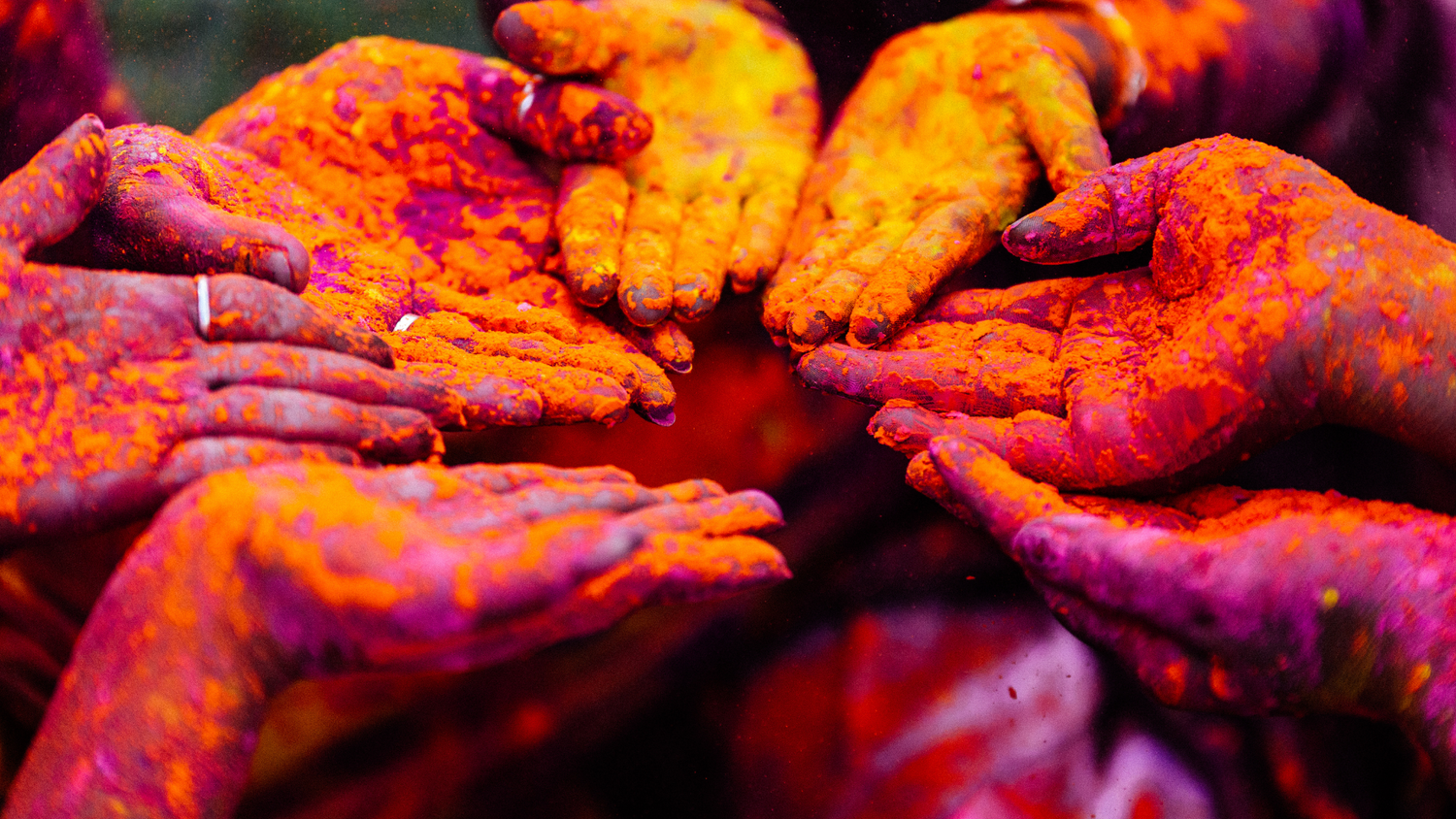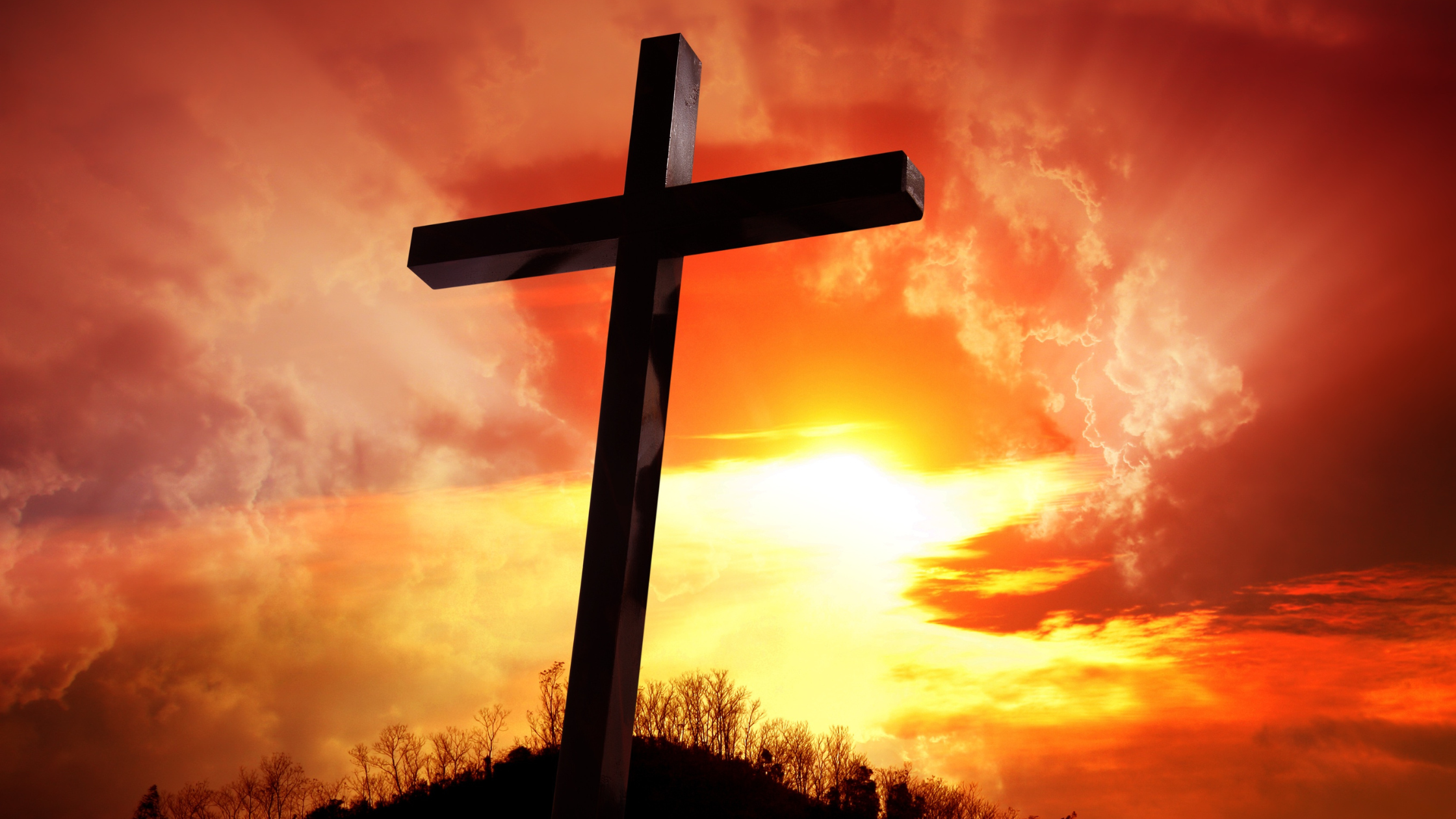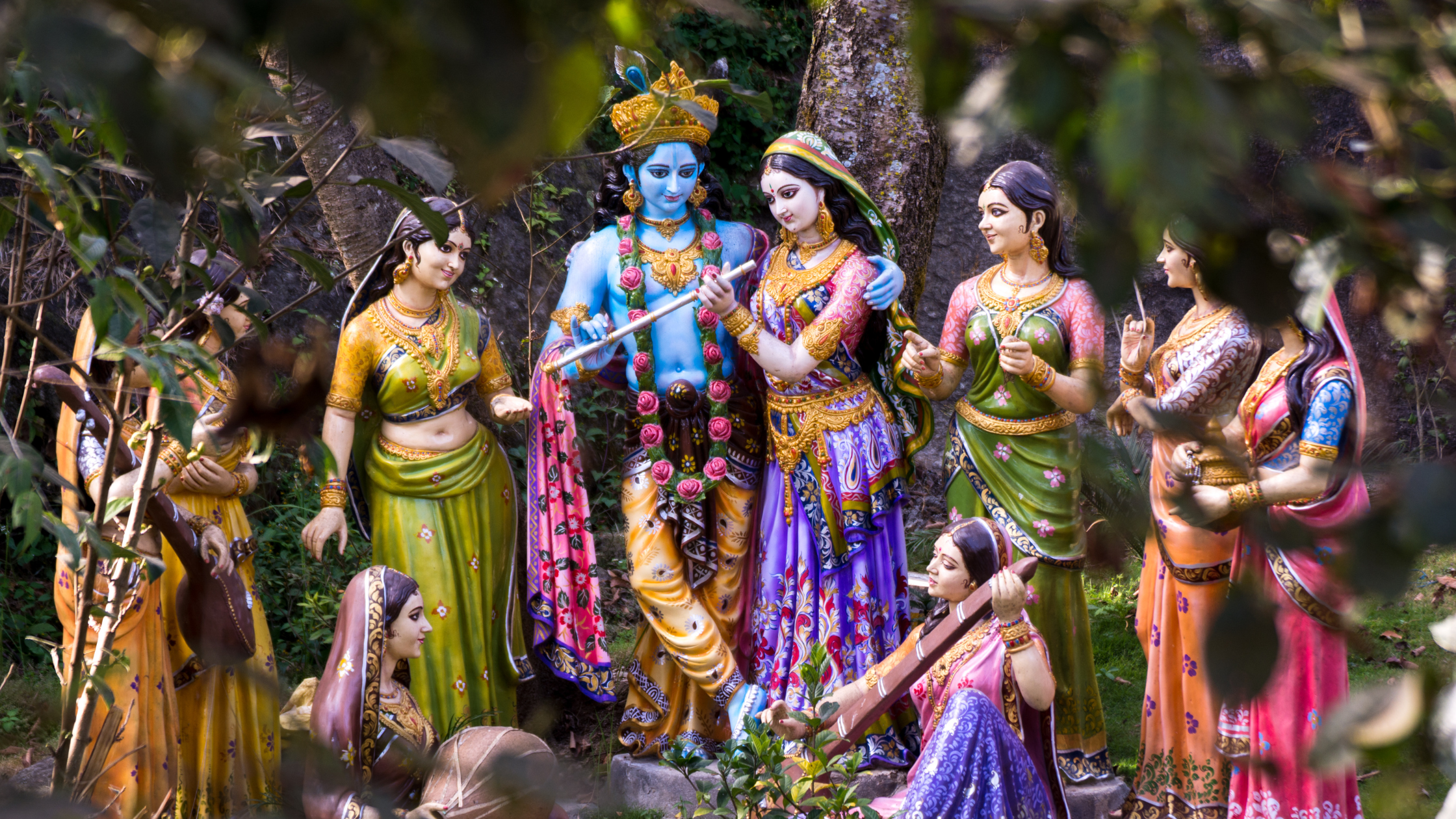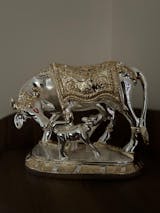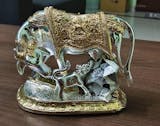"The greatness of the culture could be found in its festivals," said Siddharth Katragadda.
India is a country that represents diversity in culture through an infinite number of festivals. No matter how much we modernise our lifestyle, the fondness and essence of our culture never fade. A country following a mixture of religions such as Hinduism, Christianity, Muslim, Sikh, etc. popular for its colourful festivals.
This blog will help you to know about the top 5 Indian festivals actively celebrated with great dedication. Before jumping onto that, let's think about why festivals are important in India.
Why are Festivals important in India?
Being a secular and culture-rich nation, there are a tremendous number of festivals in India for each religion or community. The reason for celebrating these auspicious events is the strong-rooted belief in religions, scriptures, and mythologies. Each religion has different stories followed and praised by many devotees from various parts of India. So, the festival gives a chance for believers and devotees to follow their faith and conduct religious rituals. These religious customs and traditions are passed from one generation to another.
Other than religions, Indians consider festivals to be community-oriented and enhance social bonding. People unite from different places and gather together to celebrate joy. Closed ones such as friends, family, relatives, and neighbours gather together for celebrations, greet each other and share meals.
Festivals in India are always days filled with colours, lights, and cheerful music making your days different from the usual days. In addition, these events have economic significance in boosting the business including jewellery, clothes, etc. At the same time, some festivals have a great role in seasonal times or agricultural cycles. For example, festivals such as Makkar Sankranthi, Pongal, etc. are considered harvest festivals.
Top 5 Indian Festivals
Diwali
From childhood, we have been hearing that Diwali is a festival of lights. I would modify this statement as Diwali is a festival of cheers of different colours and happiness. The word 'Deepavali' is derived from a Sanskrit word called Deepavali. This word means "rows of light". With a unique tradition, this festival is celebrated for five days.
You might have heard about the historical reason for celebrating Diwali. The significance of Diwali changes based on the time and beliefs of people. Diwali was the day to celebrate the harvest and the abundance of the crops. People in ancient times took this opportunity to thank the gods and deities for good harvests. But valuing Hindu mythology, people celebrate Diwali to commemorate the return of lord Rama with his wife Sita and brother Laxman to the kingdom of Ayodhya after 14 years. However, communities like Jain and Sikh celebrate Diwali to remember the liberation of Nirvana by Lord Mahavira.
Being a festival of five days, Diwali has its uniqueness for each day with different rituals and traditions. People engage in various activities, and customs, decorate their houses, exchange gifts and foster love and happiness.
Ganesh Chaturthi
Ganesh Chaturthi, also known as 'Vinayaka Chaturthi' is one of the most renowned and celebrated festivals of Hindus. People celebrate Ganesh Chaturthi to commemorate the birth of Lord Ganesha. It is considered one of the grandest festivals in Maharashtra (Mumbai). But this festival is also celebrated in various parts of the country like Madhya Pradesh, Goa, Gujarat, etc. People celebrate the festival by placing idols of lord Ganesha in their homes and locality and conducting prayers and rituals together.
Lord Ganesha, the elephant-headed god of wisdom and fortune is the son of Lord Shiva and Goddess Parvathi. However, it gained importance during the Maratha Empire in the 17th century and the British Colonial period in India. The major highlight of Ganesh Chaturthi is that it allowed people to stand against British rule and express their thoughts by showcasing their cultural identity.
As the days and years passed, there was no change in the celebration of Ganesh Chathurthi symbolising the culture's pride and unity.
Learn more through our blog: Significance of Ganesh Chaturthi
Navarathri
Navarathri is one of the popular Hindu festivals of India, celebrated for nine days. Being honoured in different parts of India, the festival occurs between September and October. The tenth day of the celebration is Vijayadashmi or Dussehra. The tenth day is celebrated to remember the victory of Lord Rama and the defeat of evil King Ravana.
Navarathri is celebrated to worship the goddess Durga representing feminine energy. The devotees praise the nine forms of the goddess Durga. Being rich in customs and traditions, people conduct fasting, rituals, and diets restricting certain kinds of food. People enjoy these days with cheerful music and dance performances like Garba and Dandiya Raas.
Pongal
Have you heard about Pongal? It is one of the famous festivals of south India, especially Tamil Nadu. The festival celebrates harvest time which usually occurs in January. People mark this day to thank the Sun God for the great harvest.
The word- Pongal means 'boiling over', resembling infinite happiness. Signifying happiness and well-being, Pongal is enriched with culture-rich customs and rituals. One of the main customs is to light a bonfire that symbolizes the new beginning by erasing the past.
Holi
Holi is one of the most enjoyed festivals resembling colours and joy. The festival is celebrated across India and Nepal, marking the arrival of Spring. It is a two-day festival that occurs in March and begins on the evening of the full moon.
Celebrating the win of good and righteousness, the people come together to witness the bonfire (Holika Dahan) in the evening. The bonfire commemorates the Hindu mythological story of Prahlad and Holika. Being a festival with vibrant and unique customs, people celebrate the second day by smearing colours on each other. This event fosters unity and togetherness without the barriers of religion and community.
Celebrate Festivals with Charm and Joy
Other than these, countless Indian festivals add more value to the culture and traditions. Mahashivratri, Onam, Eid-Al-Fitr, Raksha Bandhan, etc. are the other significant festivals of incredible India. No matter which religion you follow, you will truly experience the warmth of love and happiness while participating in these festivals.
Even though each festival shares stories and the significance of different deities, the ultimate goal is the same. For example, On Ganesh Chaturthi, people worship Lord Ganesha. Whereas in Ram Navami, people commemorate the birth of Lord Rama and worship him. But both these festivals embrace culture, unity and togetherness.
Are you in search of idols of the deities for festivals or worship? Idolkart will help you with the best collections that suit your interests. So, why wait? Do check our website for the latest updates and the best collections.

